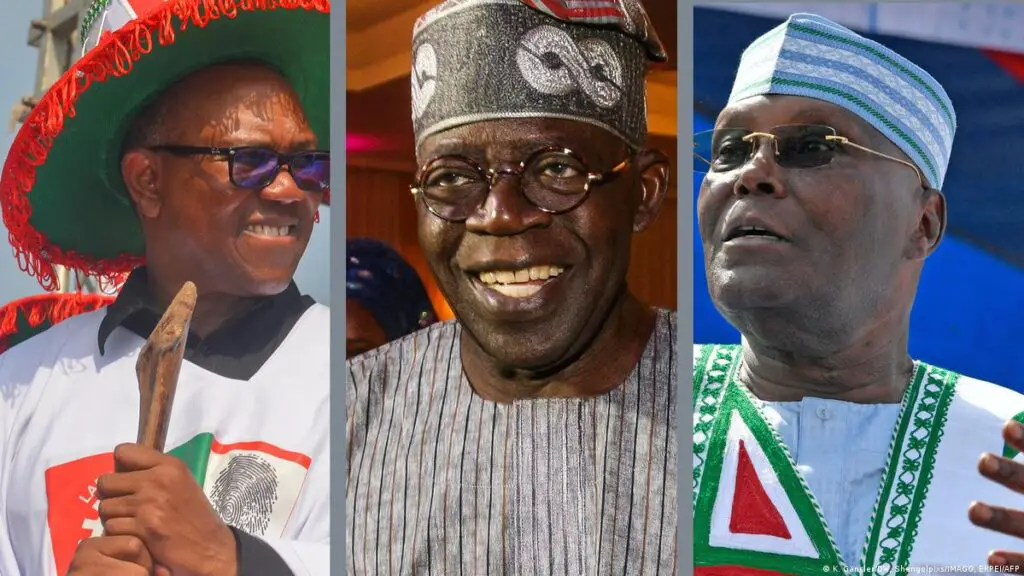Driven by a deep-seated hunger for change in Nigeria, on pins and needles citizens remain, eagerly awaiting the announcement of the country’s next president, which should happen any time from now, following the February 25th general election. The slow collation and reporting of the votes by Nigeria’s electoral commission, the Independent National Electoral Commission (INEC),
[elementor-template id="94265"]











